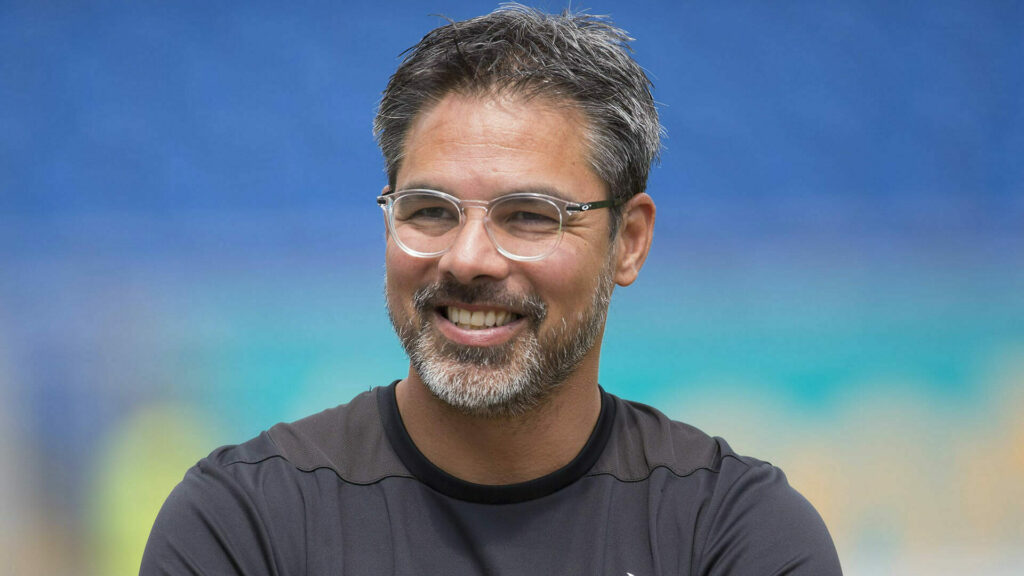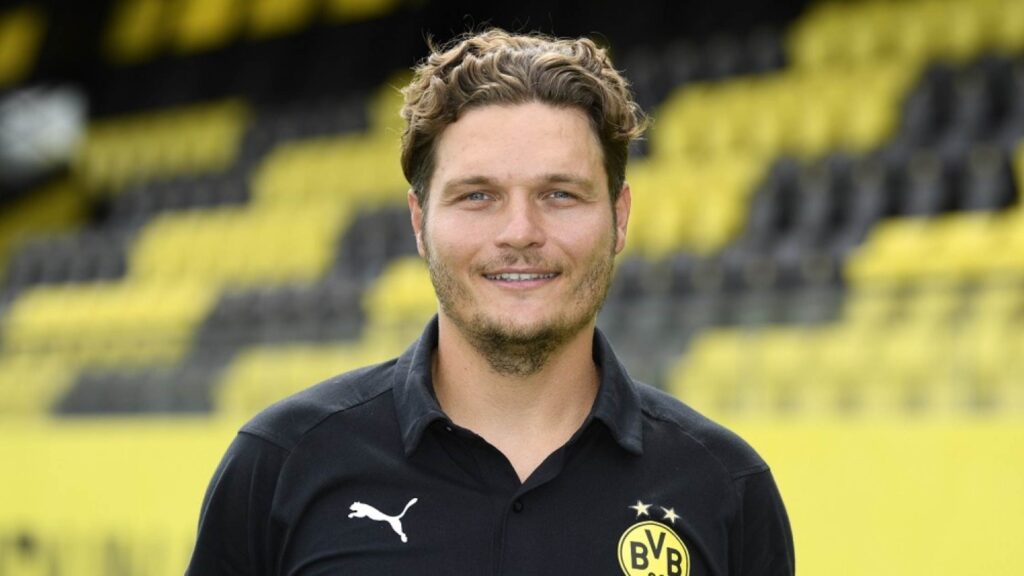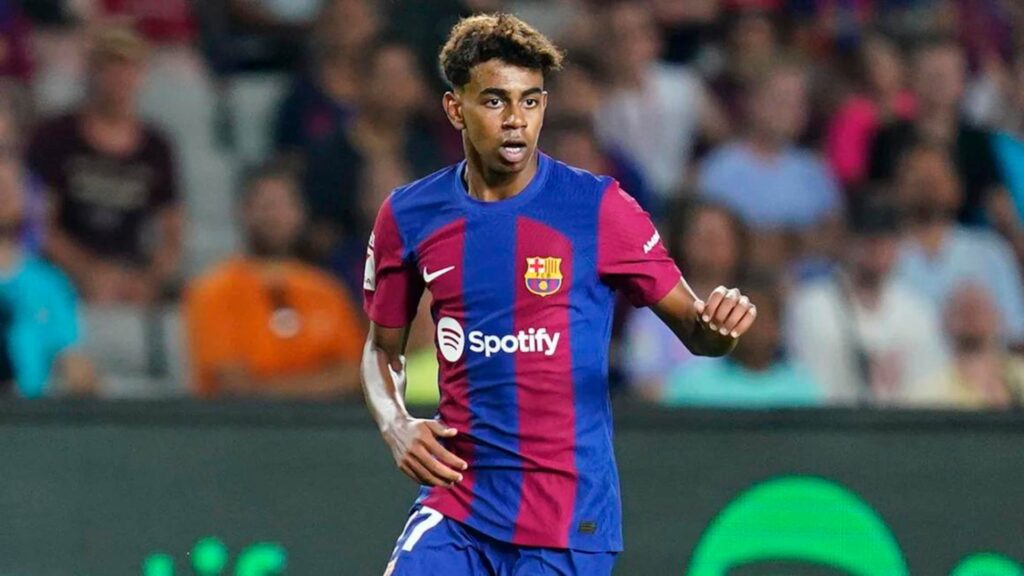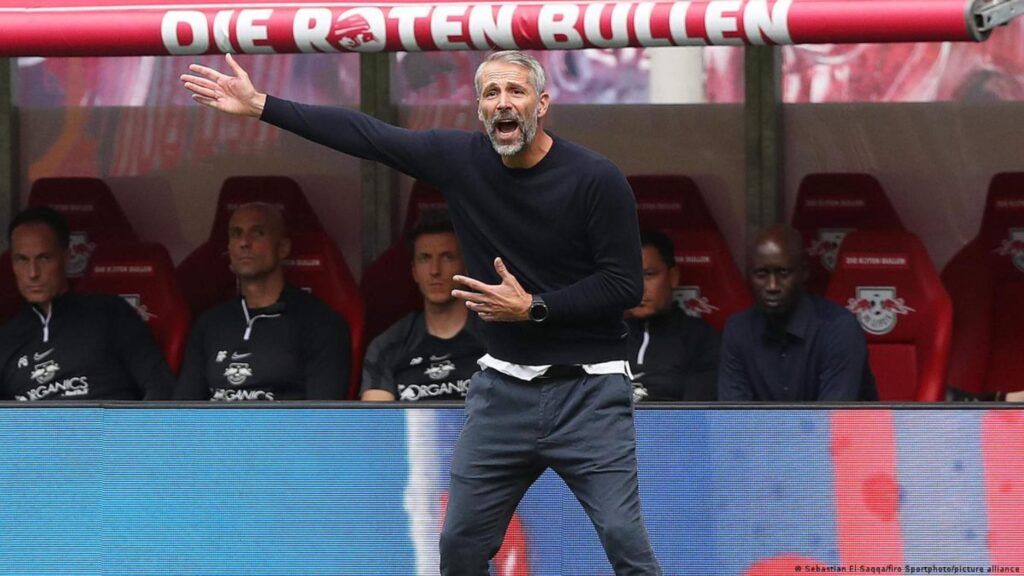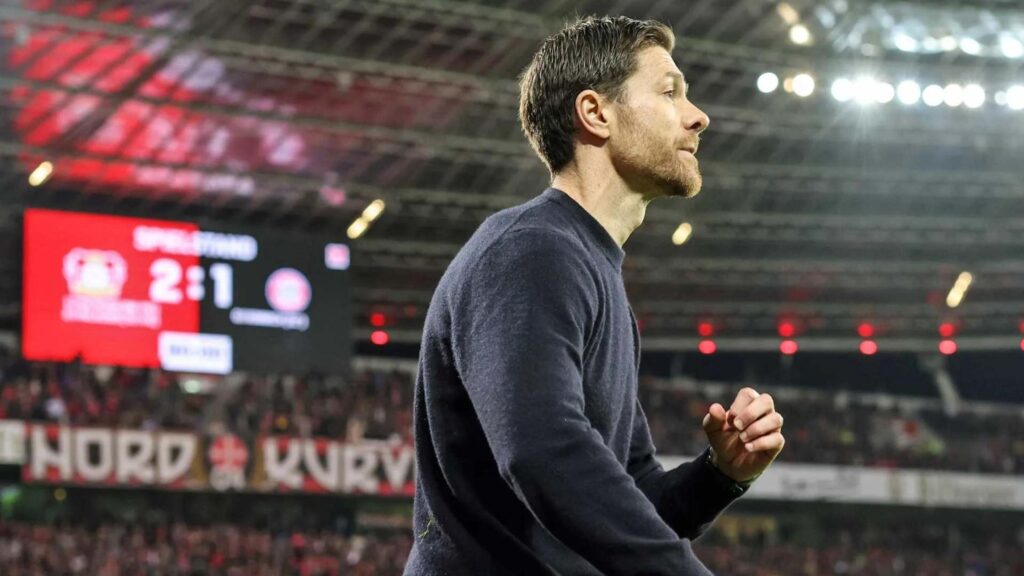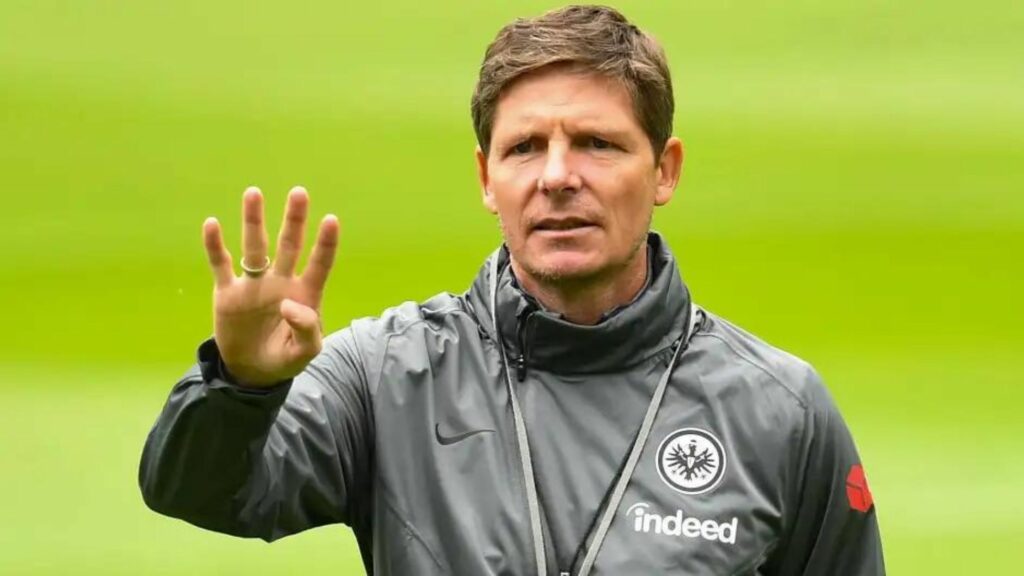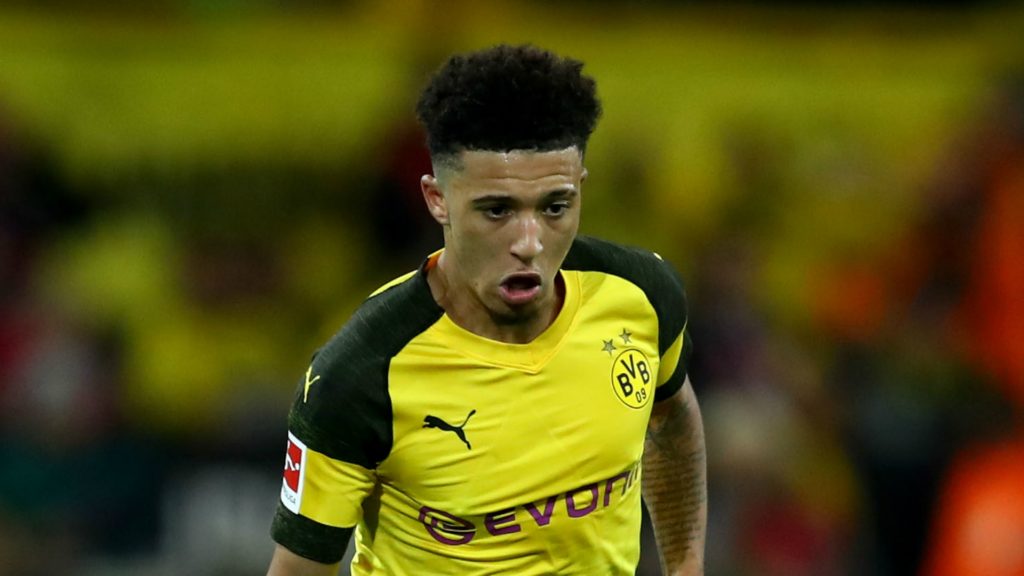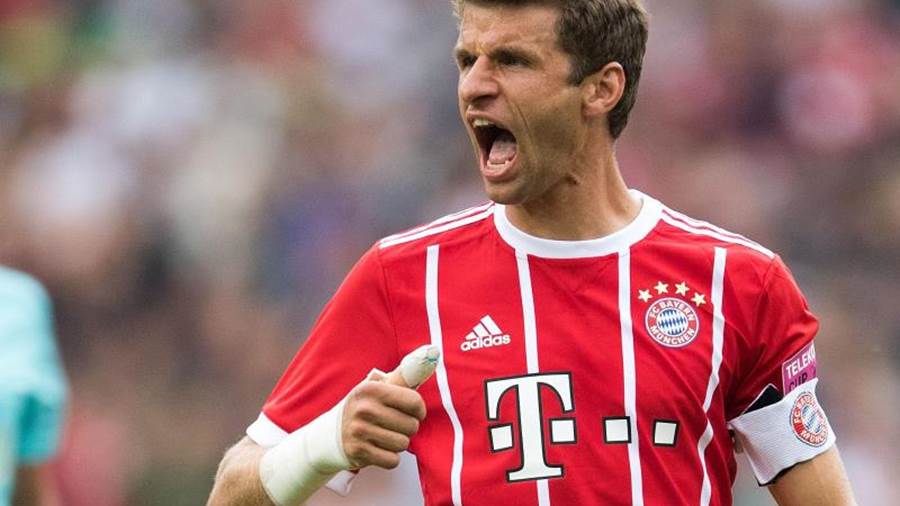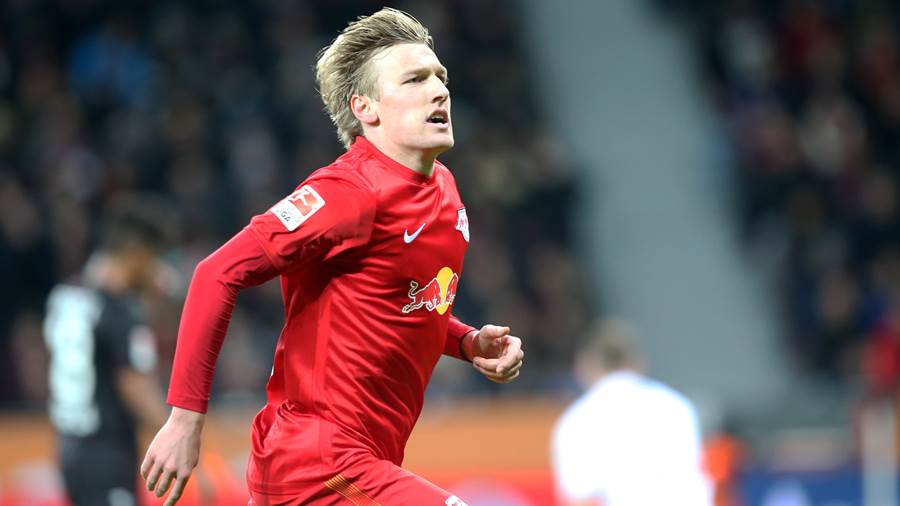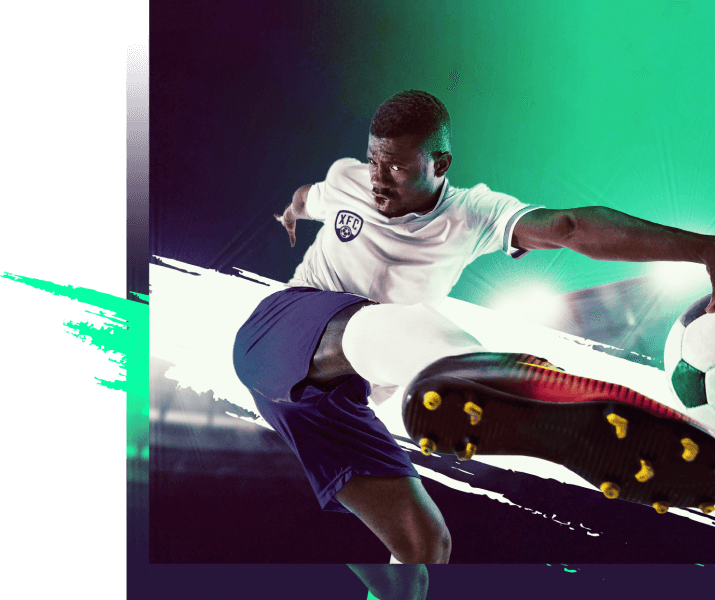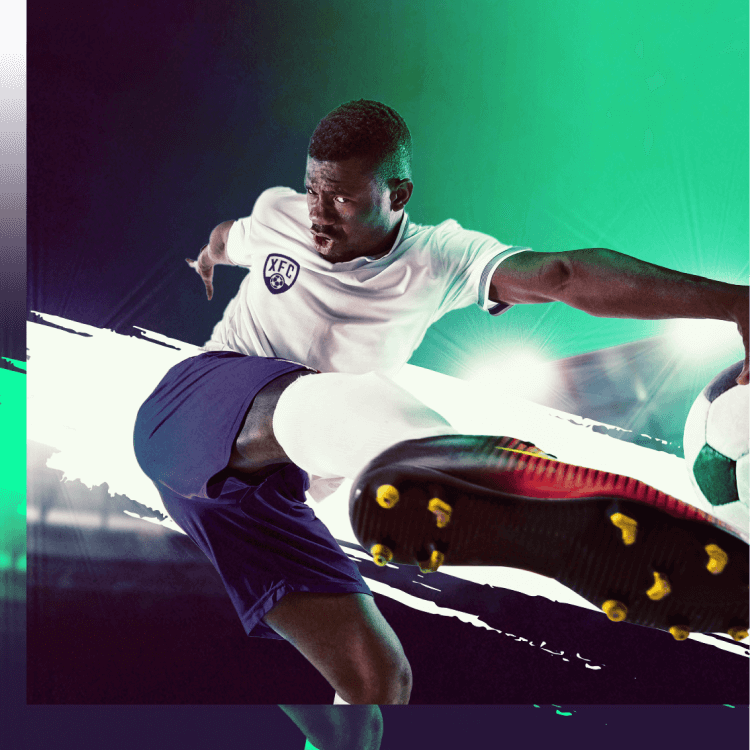It has been an up and down season for Schalke 04 FC, one of Germany’s most popular football clubs, and its manager David Wagner. Here are the tactics and formations that Wagner has employed in his maiden Schalke campaign, the 2019/20 edition.
David Wagner’s style
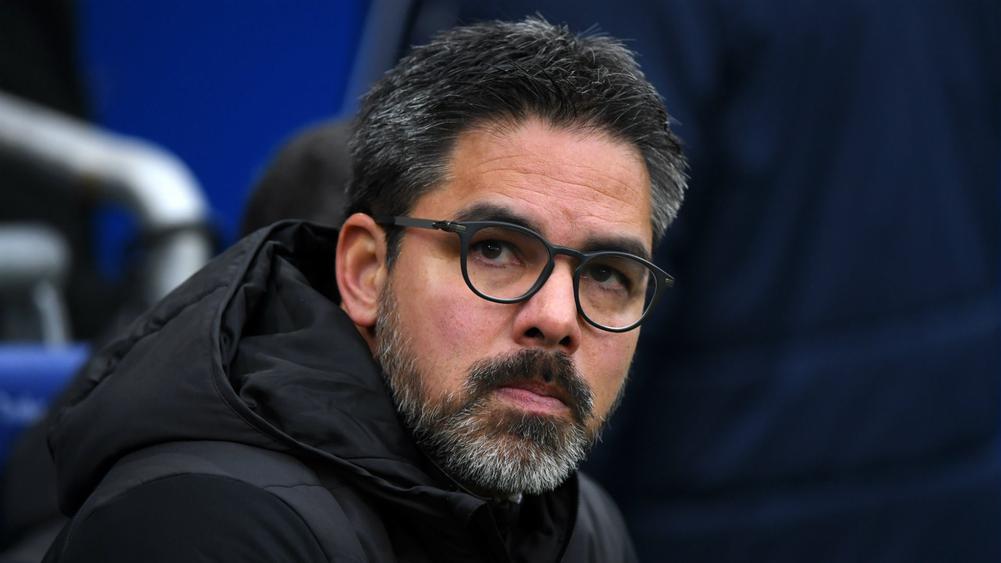
David Wagner always seemed destined to return to German football, following his 2015 decision of taking on a new challenge in England. Borussia Dortmund II served as Wagner’s apprenticeship. But, managing Huddersfield Town transformed the young manager into a hot football commodity.
Highlights of his four-year stint in Britain included: an unexpected promotion to the Premier League, a confident transfer and player development strategy, and, against all hopes, the team’s victorious endeavor of avoiding relegation.
In 2019 he signed for Schalke 04 FC, one of Germany’s largest football institutions. The club found itself at a crossroads and David Wagner’s policies seemed to represent the compass needed to guide the club forward. Wagner’s style emphasizes physicality, high pressing, and quick transitions. His dynamic displays on the touchlines, as well as his man-management skills, have drawn comparison to fellow-countrymen Jurgen Klopp.
Wagner is a student of modern football. His teams are, usually, defined by an intense pressing approach that they try to employ high up the pitch. This helps move the ball towards the wider areas, where possession can be more easily regained. In attack, players are encouraged to transition quickly, leaving the opposition little time in adapting their formation.
Schalke 04’s tactics and formations
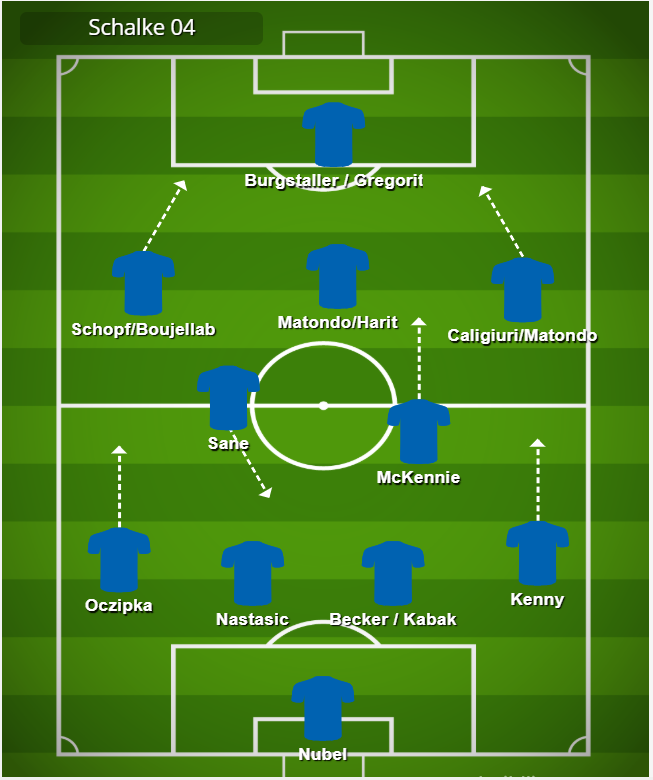
David Wagner has opted to transfer many of the tactical choices that have been successful for Huddersfield Town into his first campaign as a Bundesliga manager.
Schalke 04 FC usually line up in a 4-2-3-1 formation. This line-up can become very compact in defense, transitioning to a 4-5-1 where players leave little distance between themselves and try to make use of the offside trap. In attack, a lone striker will make use of their physicality and will be assisted by an attacking midfielder and two wingers.
However, David Wagner has been known to adapt his tactics, especially in order to take advantage of long ball forwards. In these circumstances, the 4-3-1-2, or 4-4-2 formations will have forwards Michael Gregoritsch, Benito Raman, or Guido Burgstaller, work together in support/attacking roles. The aim is to transform the vertical passes into goal scoring opportunities.
Schalke’s defense
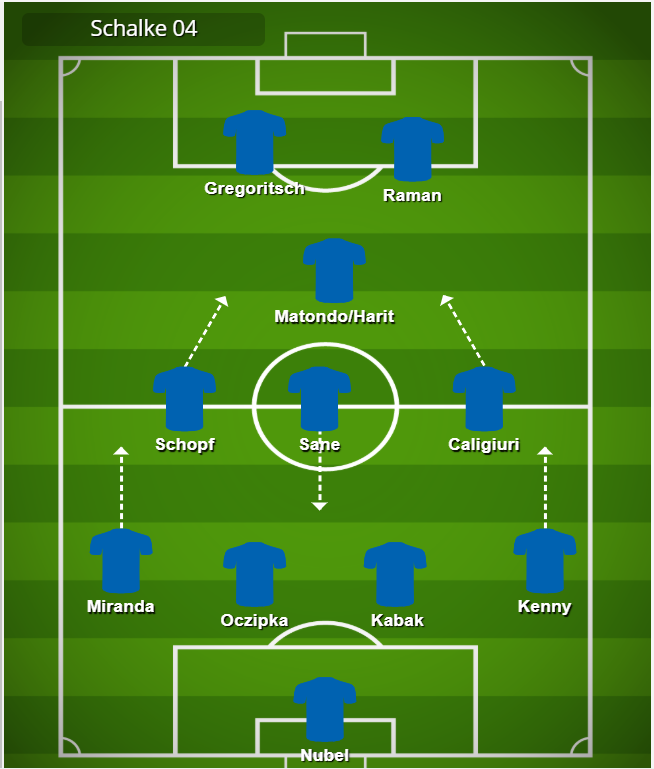
The forwards will also serve as the first line of Schalke FC’s defense. Their intense pressing is designed to leave central defenders with few options of where to pass the ball.
Furthermore, highly active players like Weston McKennie, or Daniel Caligiuri will further advance in an attempt to force the ball into wider areas. This helps not only in terms of chance creation but also limits the pace with which opposition can direct attacks against the Gelsenkirchen side.
Schalke 04 in attack
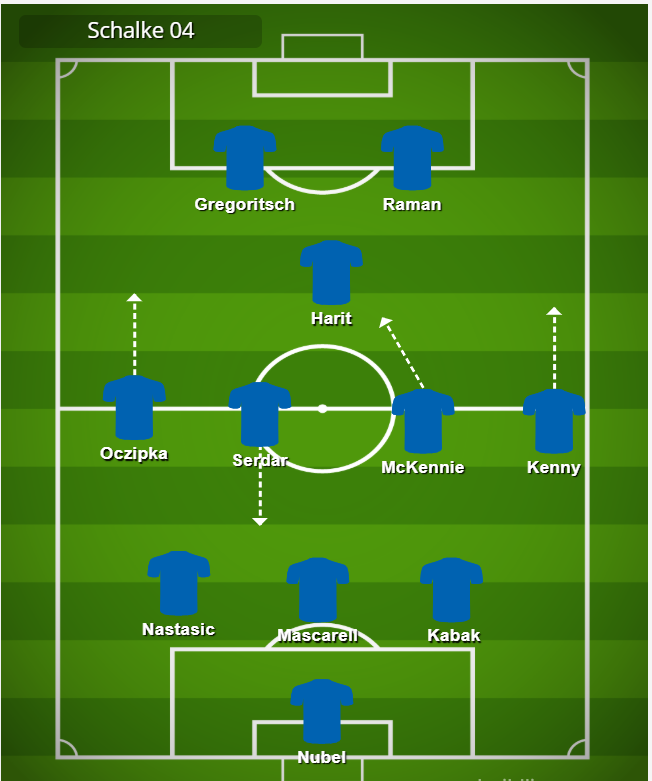
As first impressions may have suggested, David Wagner is a manager that embraces many of the characteristics preferred by modern football’s most esteemed tacticians.
Nowhere is this more evident than in the way that Schalke 04 creates attacking chances. As previously mentioned, the team will favor a direct passing style when needed, looking to feed off the strength of their attackers who they look to pivot for the attacking midfielders or stab the ball towards the net.
However, Schalke 04 FC will often begin build-up play at the back, constructing their attacks on the wings. Wing-backs will advance beyond the half-line, while wingers can take up inside-forward roles. They will then try to cross the ball from wide areas, or open up play towards one of the attackers.
Schalke’s most important players
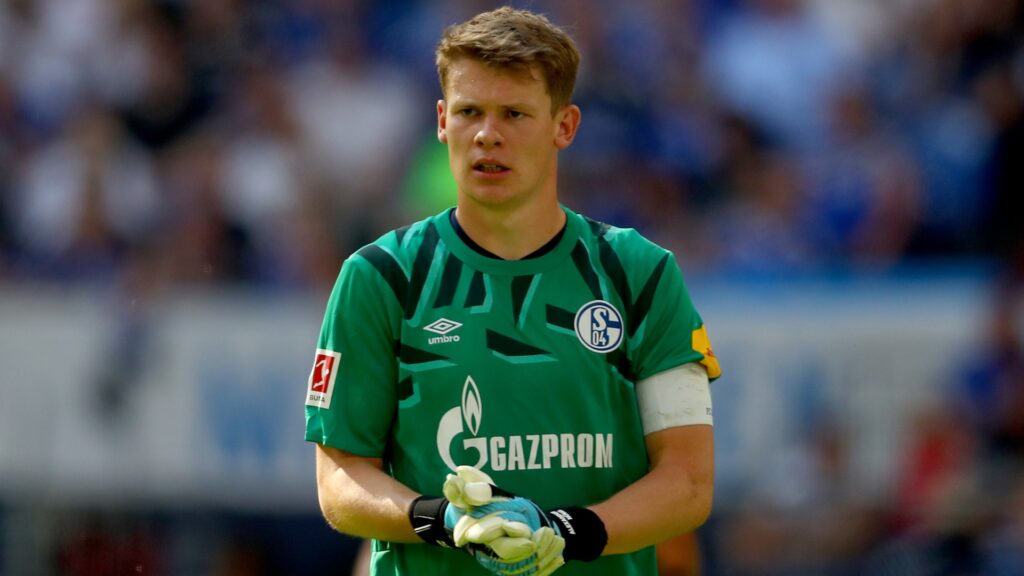
At the moment of writing, Schalke 04 sits at the midpoint of the Bundesliga standings. In spite of this, the current season has generally been viewed as an improvement over the previous campaign when they finished 14th.
Schalke’s wingers have been essential in implementing David Wagner’s vision of quick attacking transitions, and a compact defensive shape. Rabbi Matondo and Nassim Boujellab have usually deputized for Daniel Caligiuri and Suat Serdar.
A good deal of praise should also be extended towards Bastian Oczipka and Weston Kennie, the wide defenders. The two can easily take on the roles of full-backs, or wing-backs, and have vastly helped the team’s attacking options.
While recent performances have forced him out of the starting line-up, we also need to signal the emergence of Alexander Nubel as one of the team’s leaders. The goalkeeper, who is 23 years old at present, started the campaign as Schalke 04’s captain. And, although his appearances have not always raised to the highest standard, Nubel still has time to grow into one of Germany’s best keepers.
Schalke 04 FC’s future

The Veltins-Arena (Schalke’s stadium) faithful have not had the opportunity to witness a perfect season by any stretch of the imagination. However, sparks of brilliance have been on display at times, and the team unquestionably looks to be improving under David Wagner.
Schalke‘s current roster of players includes a number of exciting prospects and battle-scarred pros. The team benefits from both one of Germany’s largest fan contingents, and from the sensible planning of David Wagner.
Yet, the team needs to improve against tougher opposition. Foolish mistakes have lead to a few embarrassing defeats this season at the hands of Bayern Munchen, or RB Leipzig.
David Wagner deserves the football community’s attention, as does Schalke 04. Should the manager continued to be provided with time and encouragement, he can help create one of the Bundesliga’s finer teams.
